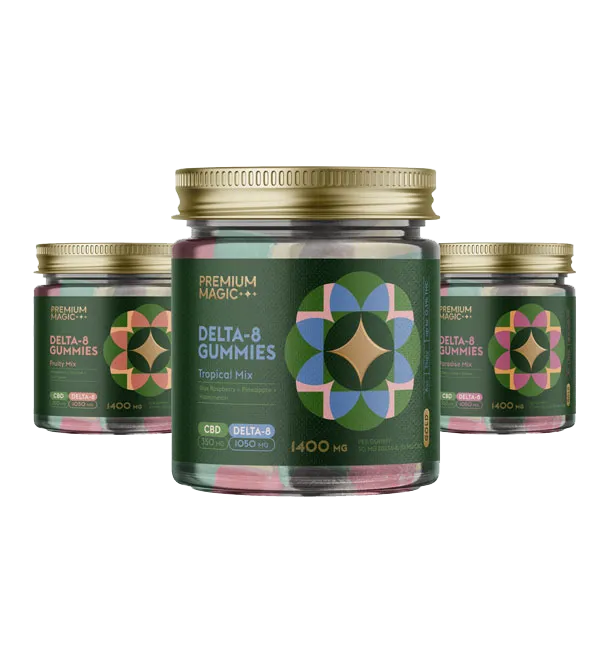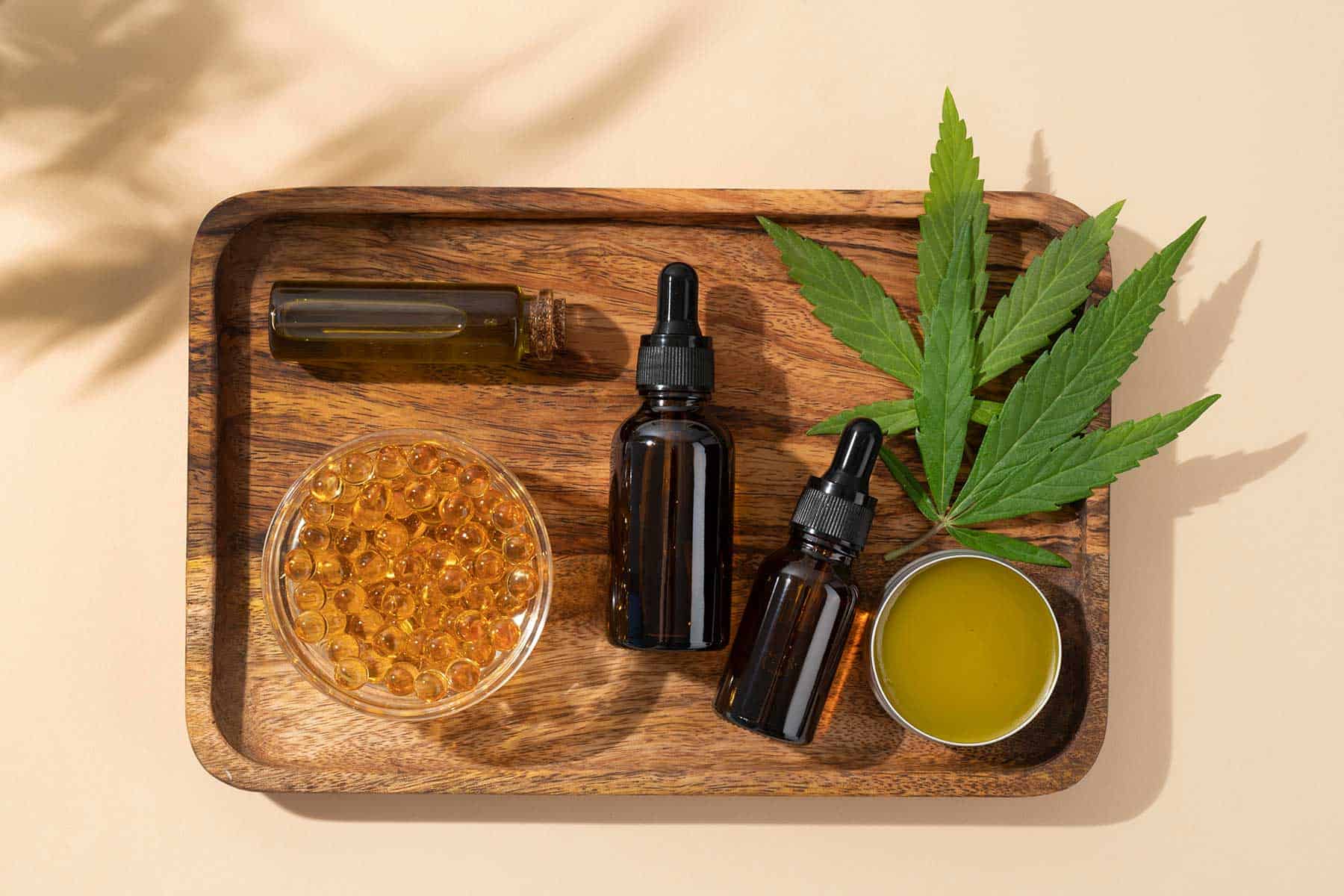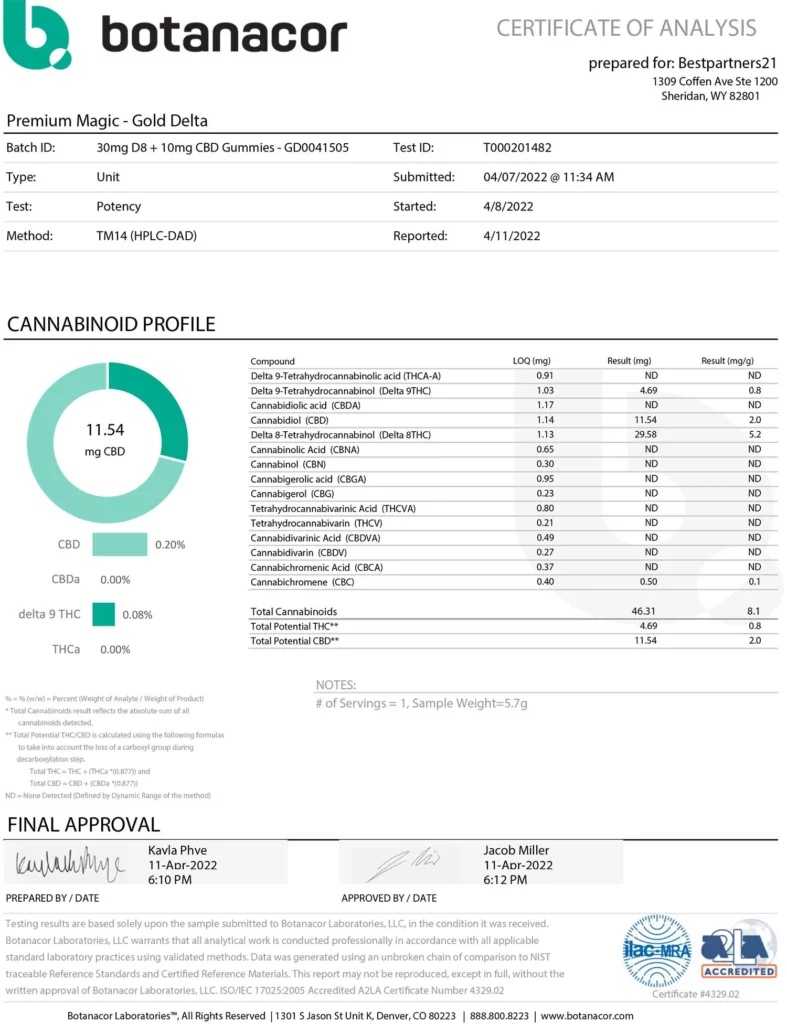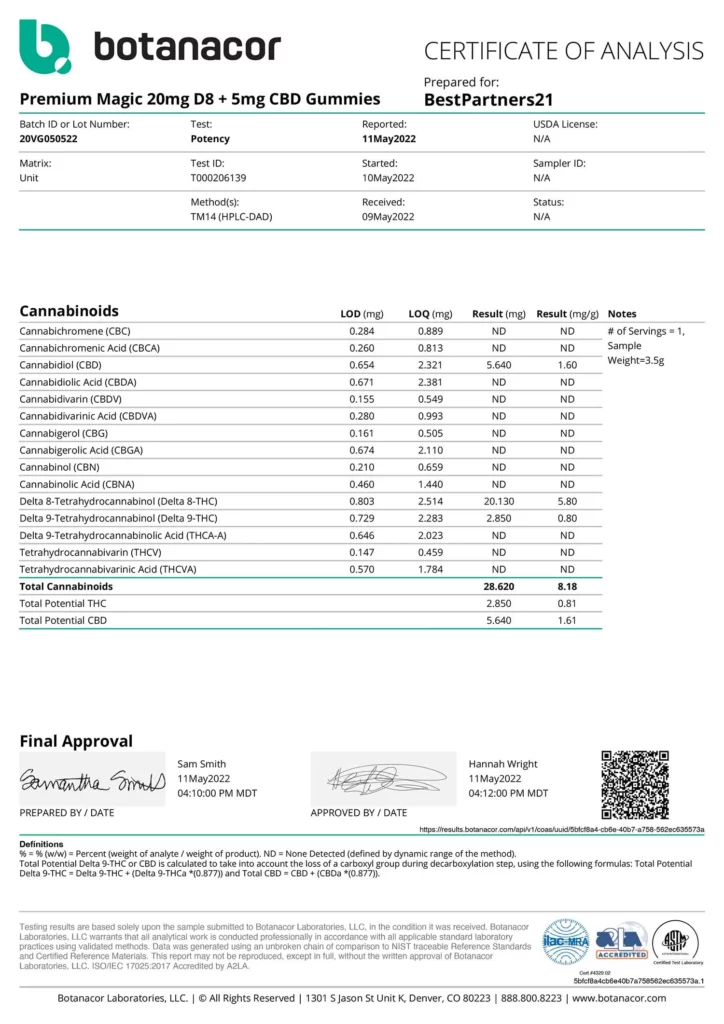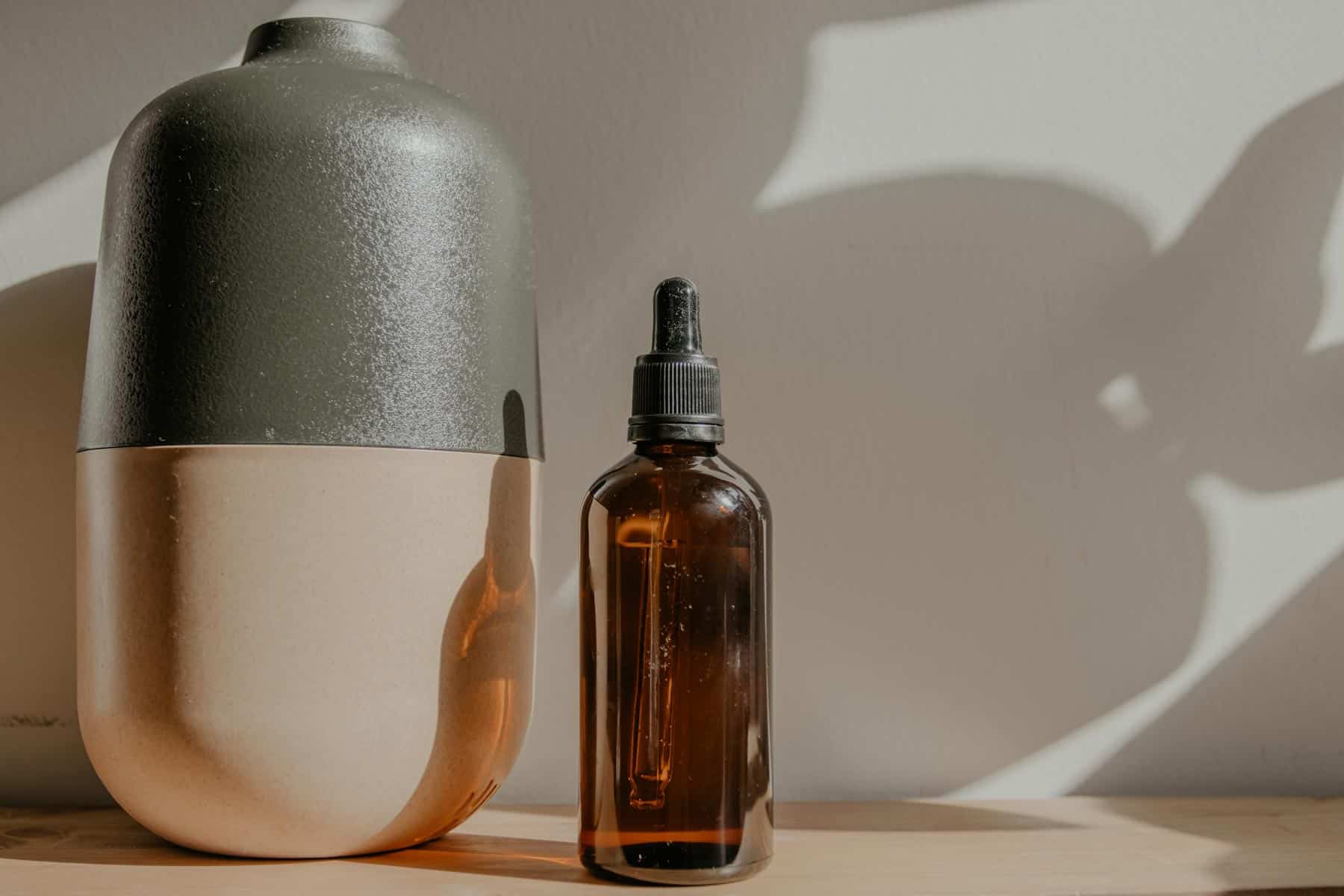
Navigating the Legal Landscape of Delta 8: Where Is It Allowed?

Delta 8 tetrahydrocannabinol, commonly known as Delta 8 or D8, is rapidly making its mark in the cannabis industry, primarily for its unique psychoactive effects. They present a comfortable compromise between Delta-9 THC, the main active ingredient in cannabis, and CBD. However, the legal status of Delta-8 is a complicated matter, with varied rules depending on the state within the United States. Therefore, an understanding of this complex regulatory framework is crucial for both consumers and businesses interested in this burgeoning cannabinoid.
Delta 8 THC: The Basics
Delta 8 tetrahydrocannabinol, or Delta 8 THC, is a naturally occurring compound in the cannabis plant, albeit in extremely small concentrations. As such, extracting significant amounts of Delta 8 directly from the plant is impractical and economically unviable. Instead, the Delta 8 found on the market today is typically produced through a synthetic process, which involves the chemical conversion of cannabidiol (CBD) into Delta 8. This method has allowed the large-scale production and commercialization of Delta 8.
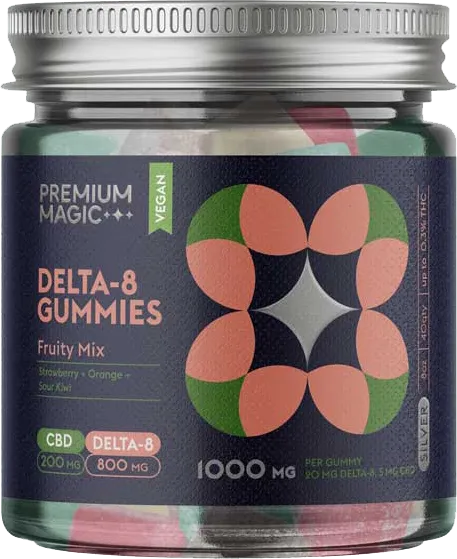
Silver Fruity Mix
Original price was: $68.99.$33.99Current price is: $33.99.
Or Subscribe and Save 30%
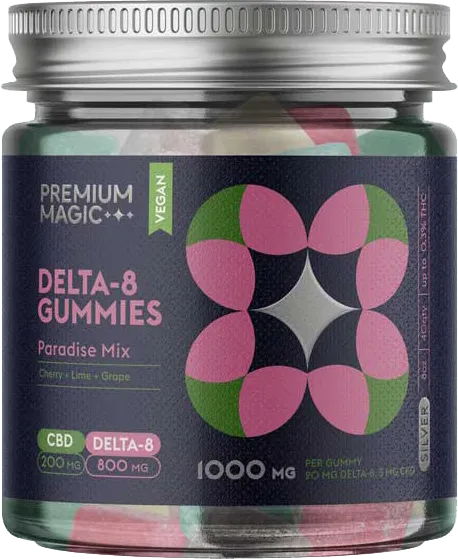
Silver Paradise Mix
Original price was: $68.99.$33.99Current price is: $33.99.
Or Subscribe and Save 30%
This distinction between naturally occurring and synthetically produced Delta-8 plays a pivotal role in the compound’s legal standing, especially in the United States. Here, regulations on hemp-derived products, such as CBD, have evolved significantly, notably with the passage of the 2018 Farm Bill, which federally legalized hemp and its derivatives containing less than 0.3% Delta-9 THC. However, the question of whether this law applies to synthetically derived Delta 8 remains a subject of heated debate and regulatory scrutiny. Consequently, the legal status of Delta 8 is an intricate issue, caught between evolving federal regulations and state-specific laws.
The 2018 Farm Bill marked a significant turning point in the U.S. cannabis landscape, legalizing hemp and its derivatives at the federal level, as long as they contain less than 0.3% Delta-9 THC. This legislation appeared to open the door for cannabinoids like Delta 8, which is usually derived from hemp-based CBD. However, the federal stance on Delta 8 THC is far from straightforward due to nuanced interpretations of the law.
A closer look at the regulatory framework reveals a potential conflict between the 2018 Farm Bill and the Drug Enforcement Administration’s (DEA) interim final rule, released in August 2020. This rule stated that all synthetically derived tetrahydrocannabinols remain Schedule I controlled substances. The term “synthetically derived” is where the legal waters become murky. While the DEA didn’t explicitly state that the rule includes Delta-8, the cannabis industry interpreted it as such since Delta-8 is typically produced synthetically from CBD.
This interpretation has unleashed a wave of uncertainty within the industry. On one hand, Delta-8 is derived from hemp, a plant now legal under federal law. On the other hand, its synthetic derivation could classify it as a Schedule I controlled substance under the DEA’s rule. This ambiguity has left the cannabis industry in a state of limbo, with Delta-8’s legal standing on shaky ground and subject to ongoing debates and potential future legislation or legal rulings.
The State-Level View: A Patchwork of Regulations
While the federal landscape of Delta-8 legality resembles a foggy horizon, the state-level view is much more like a patchwork quilt—each square representing a state with its unique color and pattern of regulations. This tapestry of laws and rules can be dizzying for consumers and businesses trying to navigate the Delta-8 landscape.
States like Alaska, Arizona, Arkansas, Colorado, Delaware, Idaho, Iowa, Mississippi, Montana, Rhode Island, and Utah, decided to cast a shadow on Delta-8, banning it outright through either specific legislation or regulatory guidance.
But remember, this quilt is not a static picture; it’s more of a living tapestry with patterns that can shift and change. In May 2021, Texas was poised to add another shadowy square to the quilt with a proposed ban on Delta-8. However, the ban was struck down, leaving the Lone Star state in a nebulous grey area.
Simultaneously, states like Oregon and Michigan are threading a different path, seeking to regulate Delta-8 similarly to Delta-9 THC. Such regulatory approaches could potentially provide a blueprint for other states, fostering a more controlled, safer, and uniform market for Delta-8. But until this happens, navigating the patchwork quilt of Delta-8 regulations remains a tricky affair, underscoring the importance of staying informed and adaptable to evolving state laws.
Implications for Businesses
For businesses eager to ride the Delta-8 wave, navigating the shifting sands of regulatory landscapes becomes a vital survival skill. Staying ahead requires an eagle-eyed vigilance on state and federal laws, maintaining a delicate dance of compliance to avoid potential legal pitfalls. Retaining expert legal counsel becomes an essential investment, offering guidance in this labyrinthine legal journey. Moreover, businesses need to embody a chameleon’s adaptability, ready to recalibrate their operations in line with the ever-mutating regulations. The path to success in the Delta-8 market, then, is paved with informed vigilance, legal guidance, and adaptive flexibility.
Implications for Consumers
Consumers must arm themselves with knowledge about the legality of Delta-8 in their particular states prior to any procurement or utilization. The law, however, is just one side of the coin; safety forms the other face. In the current Delta-8 market, where federal oversight is scant, product standards can oscillate wildly, possibly veering into the territory of health hazards. The antidote to this uncertainty lies in third-party lab certifications. Consumers are well-advised to pursue products stamped with this assurance and steer away from those that lack transparency in their test results or the details of their extraction and conversion methodologies.
Conclusion
The legal landscape of Delta-8 THC is a constantly shifting terrain. Federal and state laws often clash, creating a perplexing environment for consumers and businesses. With the growing interest in this novel cannabinoid, the need for clear, consistent, and comprehensive regulation is ever more critical. Until such a time comes, anyone interested in Delta-8 should remain informed, vigilant, and responsible, both in terms of legality and safety.
